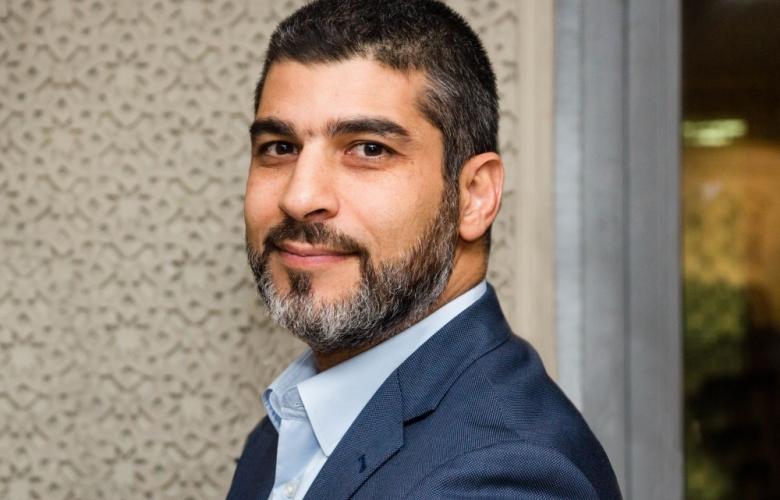Efficiency, sustainability and ease of cost discussed at tech in construction roundtable
Efficiency, sustainability and ease of cost discussed at tech in construction roundtable
Leading construction professionals have outlined best practice for the implementation of technology and smart design as part of the first in a series of high-profile roundtable discussions hosted by consultancy firm Drees & Sommer.
International real estate and construction consultancy Drees & Sommer has released the findings of the first in a series of studies addressing the issues impacting the Middle East construction industry.
Chaired by Drees & Sommer General Manager, Bob Hope and moderated by Head of Interdisciplinary Design & Innovation, Abdulmajid Karanouh, the event brought together 12 construction industry experts from a diverse range of companies and included architects, consultants, engineers, contractors, facility managers and developers to discuss and identify the most effective way of implementing technology and smart design into the construction sector.
“The consensus among the experts was buildings should be designed, engineered, and constructed with not only sales in mind, but should also consider the environment, efficiency, manageability, user comfort and wellbeing,” said Mr Karanouh.
“Satisfied tenants bring more value to developers than just a one-time purchase, they become endorsers of projects both present and future,” he added.
The four key findings of the discussion included the importance of bringing representatives from across the industry into the early planning stages to maximise efficiency; the need for sustainability; the ease of tech use; and cost implications.
It was identified there is a desire by developers and investors to implement new technologies into their buildings, however, many are reluctant first, due to concerns related to maintenance of the smart systems throughout the service life of the building and second, the possibility of them becoming obsolete.
It was also outlined that developers can no longer rely solely on a brand name on the quality of products and that Dubai tenants in future will be looking for added value, including savings on energy consumption that contribute to more sustainable living or operating a business.
Neil Doe, CEO of QI-Energy, said the thought process around sustainability in construction needed to change.
“Smart or renewable energy considerations are often an afterthought when it comes to construction and, as a result, buildings don’t operate to their full sustainable capacity," he said.
"We need to change our overall way of thinking about how to create solutions that will serve future needs and focus more on what else our buildings can do for the environment in which they are built."
Drees & Sommer Middle East Managing Director Stephan Degenhart said the digitalisation of buildings needed to be feasible and pragmatic going forward.
“We don’t want buildings filled with overly technical gadgets that are not easy for tenants to use," he said.
"Each element used when revitalising or digitalising a building must be carefully planned to serve the building and its tenants now and for the future."
Drees & Sommer commenced operations in the Middle East in 2003 by providing innovative solutions to the region’s real estate and hospitality sectors.
Similar to this:
It’s a record! Dubai’s most expensive penthouse sold for AED 102 million in One Palm by Omniyat
Farnek breaks ground on AED 150 million state-of-the-art staff accommodation
Emirates Hills villa sells for AED100 million, despite the luxury market plateau




